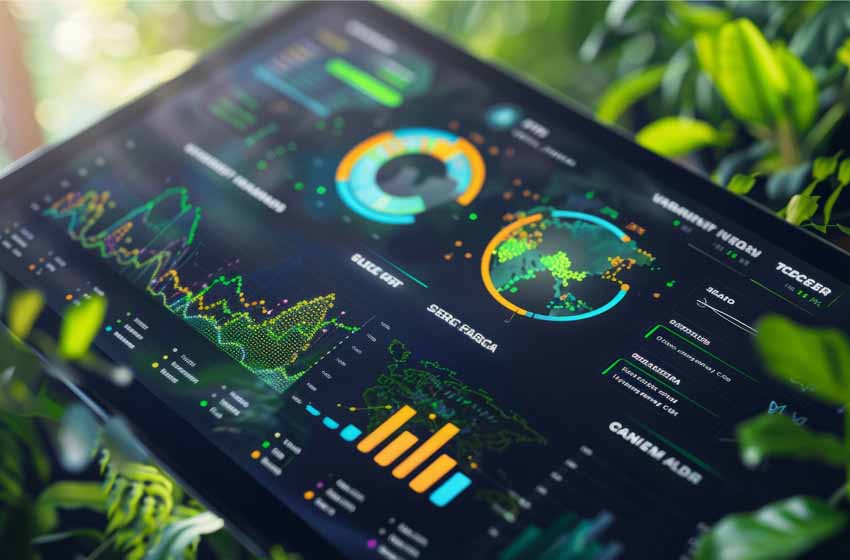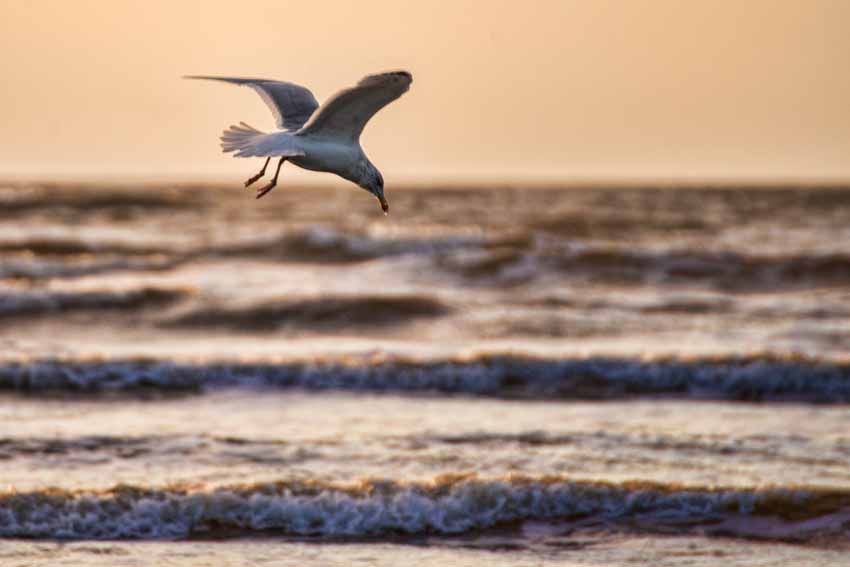AZTI enters the European elite of operational oceanography research
Últimas noticias
The first shortfin mako shark tagged in the Bay of Biscay by AZTI, advancing conservation efforts
Savour and sustainability: insects in gastronomy
Catching fish living at depths of more than 200 meters may have climatic consequences
- Being a part of EuroGOOS puts an emphasis on the quality of AZTI’s investigation in the field of marine research and operational oceanography.
- Operational oceanography includes the measures and samples taken in oceans to predict high-risk natural phenomena, plan rescue operations or combat climate change.
- EuroGOOS is an international non-profit organisation, made up of 42 members from 19 countries, committed to operational oceanography at European level in the context of global observing system.
(Pasaia, on 8 June 2018) AZTI’s oceanographic research has been recognised along with its inclusion as a full member in the European Global Ocean Observing System EuroGOOS. This is the European component of the Global Ocean Observing System (GOOS) of the Intergovernmental Oceanographic Commission (IOC), the body created by UNESCO to ensure the coordination and dissemination of scientific ocean data that support the global marine science policy.
Joining the EuroGOOS (European Global Ocean Observing System) puts an emphasis on the quality of the work carried out by AZTI in the field of operational oceanography, a discipline that includes the measuring and sampling of oceans, seas and atmospheres, as well as their dissemination and interpretation to obtain socioeconomic benefits.
In this regard, along with the Basque Meteorological Agency – Euskalmet, AZTI has carried out a fundamental role in the development of EuskOOS, The Basque Operational Oceanography System that provides continued monitoring of the current state of the sea.
It has also actively participated in different projects such as the EU Earth Observation Programme Copernicus, the European Marine Observation and Data Network EMODnet or JERICO, an initiative for the development of an Investigation Infrastructure with high quality information services, related to the marine environment in European seas.
In addition, since 2007 AZTI it is a member of the regional alliance of the maritime area of Ireland -Biscay-Iberia IBI-ROOS, one of the five regional systems of EuroGOOS, and forms part of different working groups regarding Data Management and Quality (DATAMEQ Working Group), High Frequency Radars (HF Radar Task Team) and Coastal Operational Oceanography (Coastal Working Group).
All this expertise served it to establish itself as a benchmark centre in operational oceanography and eventually become one of the 42 members from 19 countries that make up EuroGOOS.
As a full member of the organisation, AZTI will participate in the processes of defining priorities, developing strategies, improving the cooperation and promoting the benefits of operational oceanography in Europe, as well as establishing an integrated, sustainable and accessible European Ocean Observation System (EOOS).
The importance of operational oceanography
The ocean covers two thirds of the planet, its behaviour is key for the climate and it is a source of oxygen, water, food and raw materials, as well as an essential element for global transport and tourism. To a large extent, the future of our planet depends on its good condition and behaviour, which is why continuously monitoring it via operational oceanography is of vital importance.
Over the last few decades this field has gone through significant progress with the development of different systems and instruments that allow you to implement long-term systematic monitoring of the ocean, its interpretation and dissemination, as well as the continuous supply of real-time data. For example, it is possible to collect data in real time to implement faster and more secure rescue operations or increase safety on beaches with regard to currents or jellyfish.
In the long term, operational oceanography allows to predict extreme natural events, plan sustainable exploitation of marine resources, foresee the sea level rise and the effects of climate change on the coast or analyse the viability of installing marine energy sources, such as offshore wind turbines.
AZTI’s work in the operational oceanography field is based on the use of efficient real-time measurement and monitoring systems of marine processes such as currents, tides or sediment transport, supplemented by statistical and mathematical simulation models that allow to get forecasts of the future behaviour of the sea. Using these techniques it is possible to evaluate, for example, the impact that human actions have on the environment and efficiently fight against polluting discharges.







